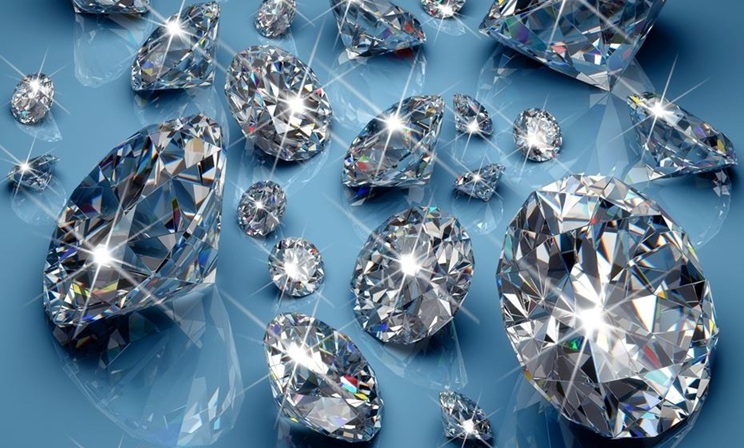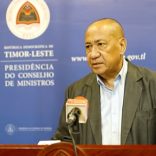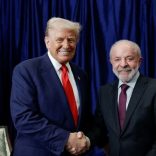Angola seeks gas growth as oil output flatlines despite OPEC exit
Macau: Company to process gemstones from Portuguese-speaking countries

FILE - For illustration purposes only. [File photo: Hoje Macau]
Macau authorities announced yesterday that a company will process gemstones from Portuguese-speaking countries in the Macao Special Administrative Region (SAR) of China, targeting the mainland Chinese market.
The Director of Macau’s Economic and Technological Development Services (DSEDT) said the local government had succeeded in attracting the company to establish operations in the territory.
Yau Yun Wah highlighted that the company will be able to export gemstones across the border through an agreement that establishes a relationship similar to a free trade partnership between mainland China and Macau.
The Closer Economic Partnership Arrangement (CEPA) between mainland China and Macau was created in 2003 and has undergone regular updates, the most recent of which came into effect in March.
This update expands mainland China’s market access to Macau-based companies in areas such as cultural and audiovisual services, high-tech industries, and financial services, including banking and insurance.
Also in 2003, Beijing designated Macau as a platform for the Portuguese-speaking bloc and established the Forum for Economic and Trade Cooperation between China and Portuguese-speaking Countries in the region.
Yau Yun Wah was speaking at the Legislative Assembly, Macau’s local parliament, during the presentation of the 2025 policy agenda for the economy and finance sector by the new government, which took office in December.
In 2019, the territory began receiving diamonds certified under the Kimberley Process, a scheme that verifies their origin to prevent the trade in so-called “blood diamonds” from conflict zones.
Yau stated that since October 2019, the DSEDT has issued operating licences for rough diamond-related activities to 17 companies, along with 37 import certificates and 26 export certificates.
He added that rough diamonds worth a total of USD 180 million have already passed through Macau.
In addition, Yau noted that the city currently has four Western medicine factories (including one operated by the Portuguese pharmaceutical company Hovione) and eight traditional Chinese medicine factories — a government priority in efforts to diversify an economy that remains heavily reliant on tourism and casinos.
In the same session, the Secretary for Economy and Finance said the Traditional Chinese Medicine Science and Technology Industrial Park of Cooperation between Guangdong and Macau has supported the internationalisation of companies.
Anton Tai Kin Ip said the Park, located in the neighbouring Guangdong-Macau In-depth Co-operation Zone in Hengqin, has helped companies register traditional Chinese medicine products in Brazil (13) and in Mozambique (10).












Leave a Reply
Be the First to Comment!
You must be logged in to post a comment.
You must be logged in to post a comment.